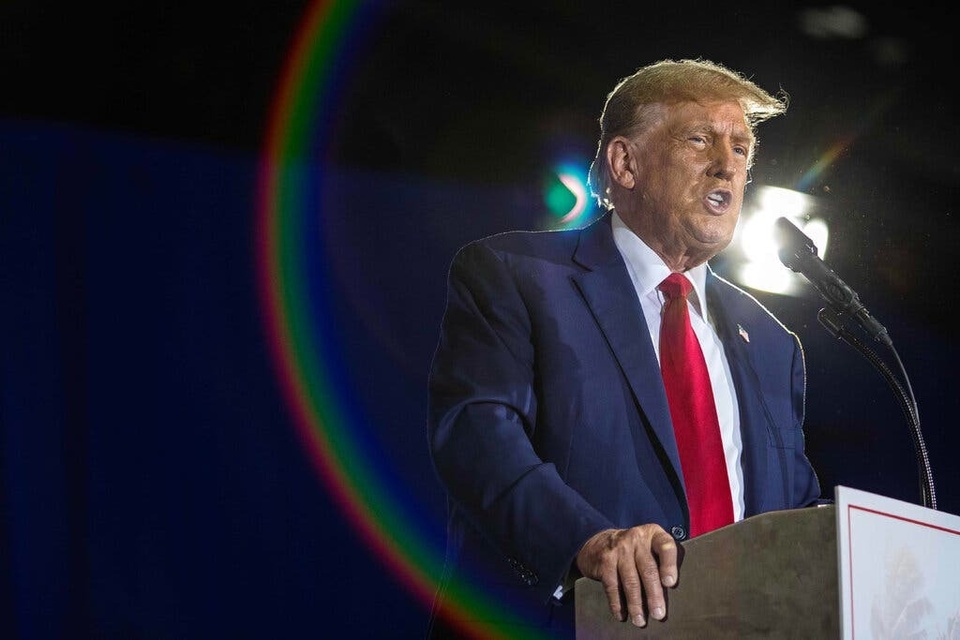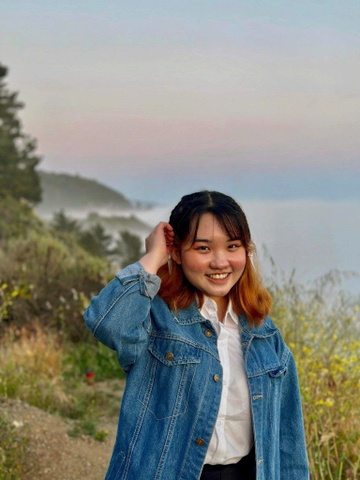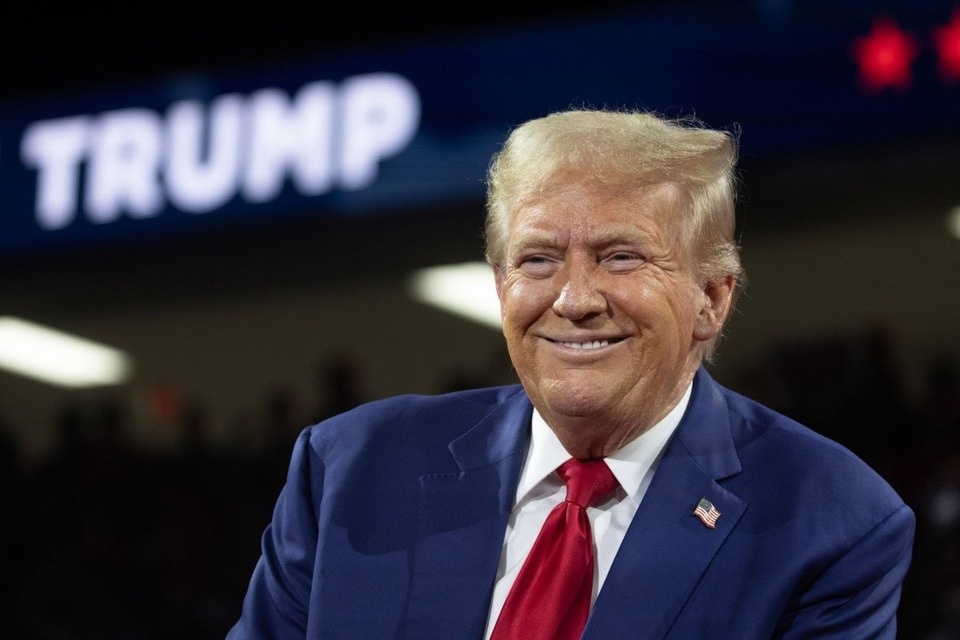International Students Have Mixed Feelings About Trump’s Immigration Policy
Many Vietnamese students studying in the US are worried about renewing their visas or staying in the US to work after graduation if President Donald Trump tightens immigration regulations.
 |
| President Trump will “conduct the largest deportation campaign in history”. Photo: New York Times . |
After being elected president, President Donald Trump plans to mobilize a series of federal government agencies to fulfill his commitment to “conduct the largest deportation campaign in history”.
A second Trump term would have far-reaching implications for the United States and the world at large, and could affect the flow of international students coming to the country to study.
International students worry about everything
Sharing with Tri Thuc – Znews , Phuong Nhi (3rd year student, Ohio Wesleyan University) said she had heard that President-elect Donald Trump would launch the largest campaign to deport illegal immigrants in US history when he returned to the White House.
Nhi said she is in the US legally so she is not too worried about this. However, the female student is more concerned about the atmosphere and the way the American people treat immigrants after Mr. Trump took office.
“I feel like the atmosphere has become more tense and less safe since Trump was elected,” Nhi said.
 |
| Phuong Nhi clearly felt the change in the way Americans treat immigrants after Mr. Trump took office. Photo: NVCC . |
According to the female student, currently, some of her friends – who are people of color – are somewhat isolated by their classmates, who are mostly white. In addition, students of color are often “overlooked” when attending networking events, often treated more coldly than white people.
“Before Trump was elected, this situation still existed but rarely. Now, people openly discriminate. The reason may come from Trump’s attitude towards immigrants,” the female student said.
In addition, with plans to stay in the US to work after completing her studies next year, Phuong Nhi is also concerned about the uncertain future.
According to Nhi, switching to an H-1B visa (usually granted to highly skilled foreign workers to stay in the US to work for many years) is already difficult, and it may become more difficult in the future. Nhi cited the example of the tariff policy on products from China, which could cause some Chinese businesses in the US to have their capital tightened, thereby cutting their budget for hiring international students after graduation.
Not to the point of having to live in anxiety when many of her friends of color are isolated like Phuong Nhi, but MK, a third-year international student in California, is also quite concerned about the immigration policies that Donald Trump applied to the US when he became president.
K. herself is an international student, receiving a 75% scholarship at the school. The female student is worried that after Mr. Trump takes office, university tuition and other fees may increase because the university may have its funding cut, and scholarships, policies, and benefits for students and international students may also be affected.
In addition, K. is also worried that international students will have “narrow doors” and lack of job opportunities in specific and hot fields in the US such as science, information technology, medicine, etc. because Mr. Trump’s new policies may prioritize Americans instead of immigrants or new international graduates.
“Although I am worried, I still try to study as best as I can, at least finish my university program and then think about the next step. I believe that no matter how strict the US government is, it will not block the development of talented people,” K. shared.
International students’ concerns are not unfounded. During Trump’s first term from 2016-2020, the United States saw a significant decline in the number of international students, specifically 12%. The H-1B visa renewal refusal rate also increased from 3% to 12% during Trump’s presidency, according to Forbes .
Universities report similar figures. In 2018, the New York Times reported that nearly 40% of US colleges reported a general decline in applications from international students, especially students from the Middle East and China.
The drop is linked to Trump’s infamous 3.0 ban, which includes restrictions on access to study in the US for students from Iran, Libya, Somalia, Syria, Yemen, North Korea and Venezuela, along with visa denials for Chinese students.
During his 2016-2020 term, Trump’s policies also called for stricter visa vetting, including background checks and interviews for applicants. Education experts say this could delay visa approvals and even prevent some students from coming to the US to study. This history could repeat itself if Trump is re-elected in 2024.
The concern about “limited opportunities” to work in the US that MK mentioned can also be seen through Mr. Trump’s policies. Jeelani Law Firm – a law firm specializing in immigration law in the US – stated that the fields of science, technology, engineering, and mathematics (STEM) are very important to US higher education, in which international students play a key role. However, President Trump’s “Buy American, Hire American” initiative may limit opportunities for international STEM students.
 |
| International students and educators fear they will be at a disadvantage if Mr Trump changes immigration and education policies. Photo: The Sun. |
There are still bright spots
More optimistically, Le Nguyen (a freshman at Berea College) believes that Mr. Trump’s immigration tightening policy will not affect male students much. If anything, it will affect more those who intend to study abroad in the US or 3rd-4th year students who plan to stay in the US to work after completing their studies, because Mr. Trump may tighten regulations on H-1B visas.
“I am currently a freshman. By the time I graduate, Mr. Trump will probably be out of office,” Nguyen said.
Meanwhile, Phuong Nhi believes that many of Mr. Trump’s statements during the election campaign show positive signs for international students.
Specifically, Mr. Trump once proposed that all foreign students graduating from 2- and 4-year universities should be automatically granted a green card to stay in the US.
A green card, or permanent resident card, allows the holder to live and work permanently in the United States, and is a path to U.S. citizenship.
His campaign later said that if he was re-elected, he would issue green cards after conducting “the most thorough screening process in American history”, with “the most highly skilled graduates who can make a significant contribution to America” being allowed to stay.
“If I have a student card, I will have priority in the job search process, because many companies do not sponsor/recruit international students after graduation,” Nhi said.
At present, it is uncertain where Mr. Trump’s plans will go, Nhi said that she is trying to focus on studying to maintain her achievements. After graduating, if she cannot find a job in the US, Nhi plans to apply for a master’s degree.